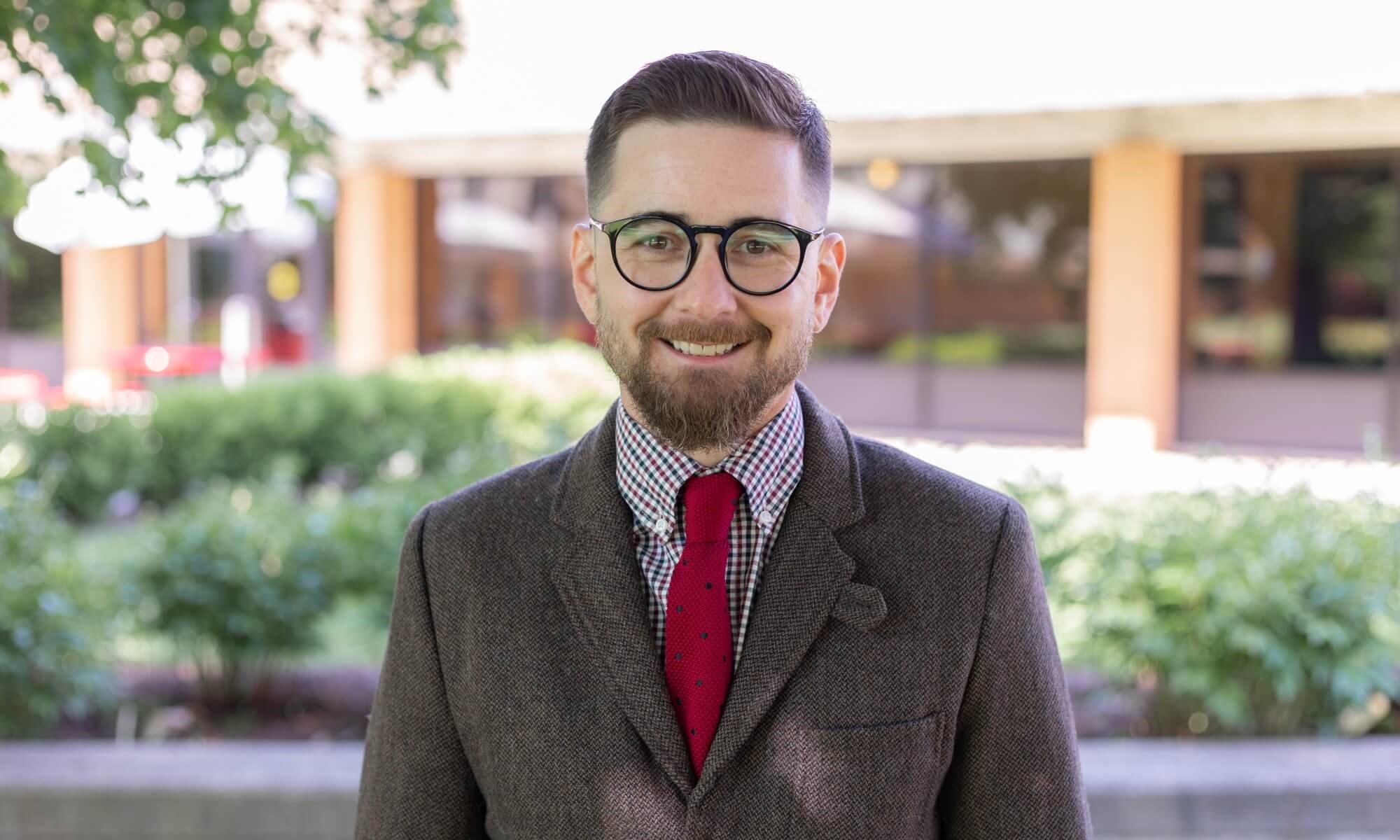
Concordia University Ann Arbor is pleased to welcome a new face in Veteran Services to campus this summer.
Bryant Lepic is an 11-year US Air Force veteran who has completed five combat deployments to Iraq. He previously served as Veterans Affairs Representative at Ohio University Eastern. In August, he’ll graduate with his Master of Public Administration degree from Ohio University, where he previously earned his bachelor’s in Communication Studies.
During his military tenure, Lepic was stationed at Moody Air Force Base in Georgia, and later, Royal Air Force Croughton in England. Before he ended his military service in 2015, he rose in rank to Technical Sergeant and took on military courses including US Army Air Assault School, Airman Leadership School, Phoenix Raven Qualification Course, and US Air Force Security Forces Academy.
In his role at Concordia, Lepic will serve as the main point of contact for student-veterans on campus and will be a resource as they navigate their GI Bill benefits. Lepic says he sees his role as advocating for student-veterans and facilitating lasting relationships between them, the university, and the community as a whole.
“I’m excited about the opportunity to not just help fellow veterans succeed in higher education, but to grow holistically,” Lepic says. “Because of the size of the CUAA campus and its student-veteran population, Concordia affords Veteran Services the opportunity to connect with students on a personal level, enabling us to tailor services to their individual needs, even outside of the academic spectrum.”
One main demonstration of this personal attention is Concordia’s generous military transfer policy.
Concordia accepts up to 63 credits from veterans looking to cash in their GI Bill benefits and obtain a degree from CUAA. That amount far surpasses the state average.
Ultimately, it’s up to each college or university to decide how many or which military credits to accept. Concordia grants credits based on the American Council on Education’s recommendations and reviews each case individually in order to maximize transfer credits to either major, core, or elective credits in the student’s chosen program of study.
“Concordia places a priority on the learner, and we value what our student-veterans bring to the table,” Lepic says. “Our way of showing that is to accept far more transfer credits than what our peer institutions tend to accept statewide.”
Want in?
Veterans and dependents, learn more about how to enroll at CUAA here. Concordia also offers a variety of scholarships for veterans and active duty military. Learn more about scholarships here.
— This story is written by Kali Thiel, director of university communications for Concordia University Ann Arbor and Wisconsin. She may be reached at kali.thiel@cuw.edu or 262-243-2149.
If this story has inspired you, why not explore how you can help further Concordia's mission through giving.